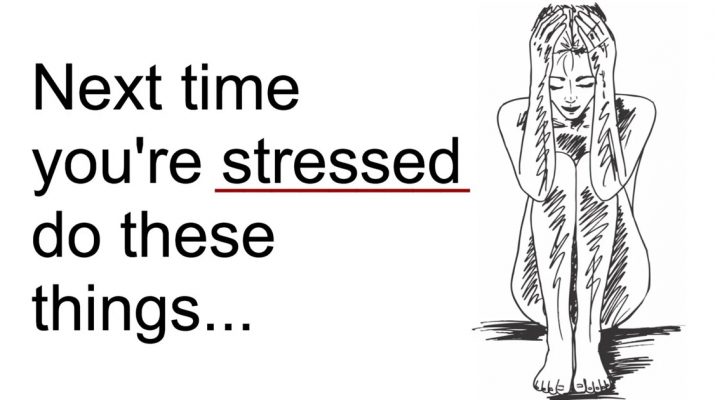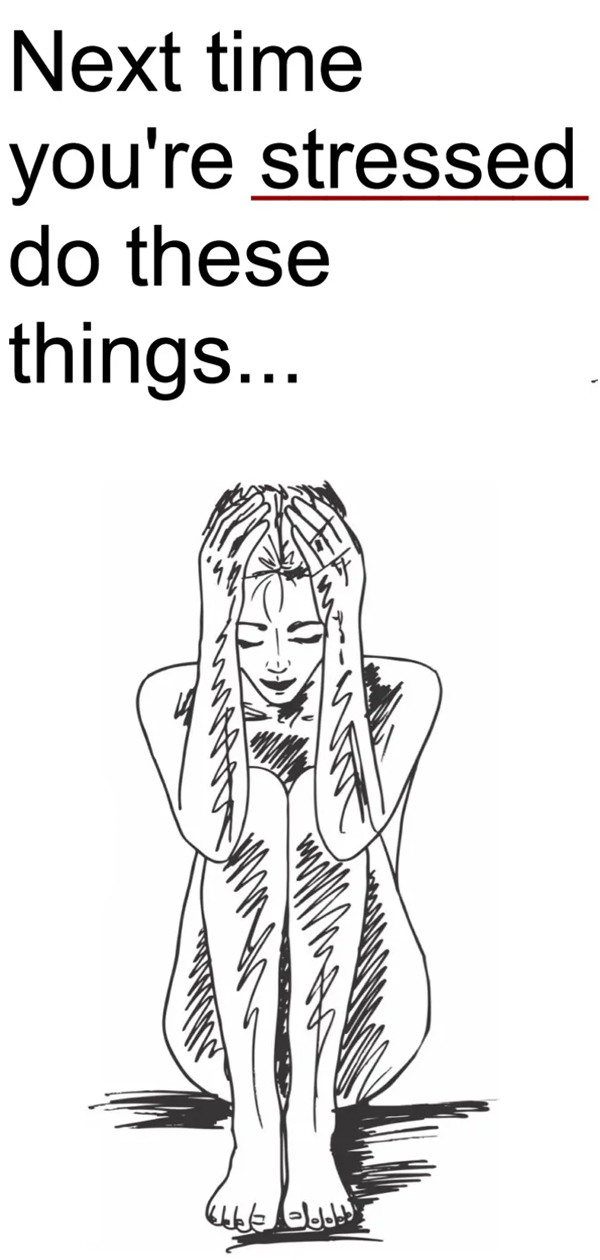Stress, stress, stress. Leading public health organizations like the Centers for Disease Control and Prevention (CDC), American Institute of Stress (AIS), and the National Health Service (NHS) in the United Kingdom are all reaching the same conclusion:
“Britain in the grip of a stress epidemic…”
“Workplace stress now a worldwide epidemic.”
“What’s behind the new stress epidemic?…”
Stress is killing us, and we’re not doing nearly enough about it.
In just the last couple of weeks, The Telegraph, one of the U.K’s most widely read publications, released an article titled ‘Britain in the grip of a stress epidemic because of ‘always on’ culture, survey finds.’
Epidemic: a widespread occurrence of an infectious disease in a community at a particular time. ~ The Oxford English Dictionaries
Which begs the question: why in the hell aren’t we – as a society – doing anything to solve the problem?
Unsurprisingly, the answer seems to come down to money.
Organizations, particularly for-profit corporations, are demanding more productivity – often with fewer resources; globalization has resulted in immense competition from all corners of the planet, and elected officials are reluctant to ruffle the feathers of businesses that fill their money troughs.
In essence, there’s a stalemate. And it’s the working man and working woman – blue collar and white collar working-class folks – who are bearing the brunt of this massive societal failure.
In short, it’s up to each one of us to care for ourselves. It’s up to each one of us to better manage our stress. On that note, we’re going to discuss five science-backed methods of effective stress management.
Here Are 5 Ways To Cope With Stress:
1. Practice Deep Breathing
Most people “chest breathe,” which can quickly elevate stress levels. The reason is that our brain’s ancient “fight-or-flight” mechanism won’t slow until we breathe deeply and slowly.
L. Kevin Chapman, Ph.D., an accomplished clinical psychologist, states “Deep, controlled, and slowed breathing from the diaphragm combats many of the physiological symptoms that we experience when stressed.”
Dr. Chapman is referring to the parasympathetic nervous system (PNS), which activates when we focus on the exhale. Slowly inhaling through the nose to a count a four and exhaling through the mouth to a count of six is one method of activating the PNS.
2. Get Off E-Mail
Researchers from the University of British Columbia (UBC) found that compulsively checking, and responding to, work emails is a significant source of stress for many of us. In a study of 124 individuals, scientists found that people reported far lower stress levels when checking their email less often.
Similar studies have found the obsessive checking and responding to text messages as producing similar stress-related problems.
If possible, only check your work emails at specified times during the day. Unsubscribing from emails in your personal (non-work-related) inbox is a practical way of reducing information overload – another form of stress.
3. Write It Down
Pay attention: stress that is not released somehow merely accumulates in our subconscious.
Stressful thoughts and feelings are, in part, made more stressful because we don’t inquire and elaborate as to what’s bothering us. Instead, we feel stress and allow it to linger, hoping that when we remove ourselves from the situation, everything will settle back down.
This is one of the bigger problems with stress: we’re too cavalier about its long-term effects; instead, we fixate on the “here and now.”
It turns out that journaling your thought processes is an efficient solution to this. “When we experience stress and the negative emotions associated with it, we typically stay in our own heads and do little to address our thinking,” says licensed psychologist L. Kevin Chapman, Ph.D. “But a process called ‘objective recording’ forces us to view our circumstances and thoughts from an outsider’s perspective.”
Make it a habit of labeling and writing down negative emotions, feelings, and thoughts – and what you can do about them, if anything. If whatever happens to bother you is outside of your control, allow the emotions to dissipate.
4. Meditate
Mindfulness meditation may just be the most powerful way to combat stress. Do yourself a favor and reread the previous sentence – this should motivate you to, at a minimum, learn the basics of meditation and mindfulness.
Hundreds, perhaps thousands, of research studies have repeatedly shown the benefits of meditation in reducing stress.
Dr. Elizabeth Hoge, a psychiatrist at the Center for Anxiety and Traumatic Stress Disorders at Harvard-affiliated Massachusetts General Hospital and assistant professor of psychiatry at Harvard Medical School, says it perfectly:
“If you have unproductive worries, you can train yourself to experience those thoughts completely differently. You might think ‘I’m late, I might lose my job … mindfulness teaches you to recognize, ‘Oh, there’s that thought again. I’ve been here before. But it’s just that – a thought and not a part of my core self.”
Start your mindfulness meditation practice by sitting in a quiet place for 10 minutes. Focus on nothing other than the sensations of your breath during this time.
5. Laugh
According to the Mayo Clinic, a hearty chuckle packs some serious short-term health benefits. Laughter stimulates your cardiovascular system and releases endorphins – our brain’s natural feel-good chemicals.
Some research has found that individuals who laugh more often have a lower risk of anxiety and depression, better immune function, and are more resilient to physical pain.
Taking just a few minutes at work to watch some hilarious YouTube clips may be enough to put you in a better mood for the next hour or so!


